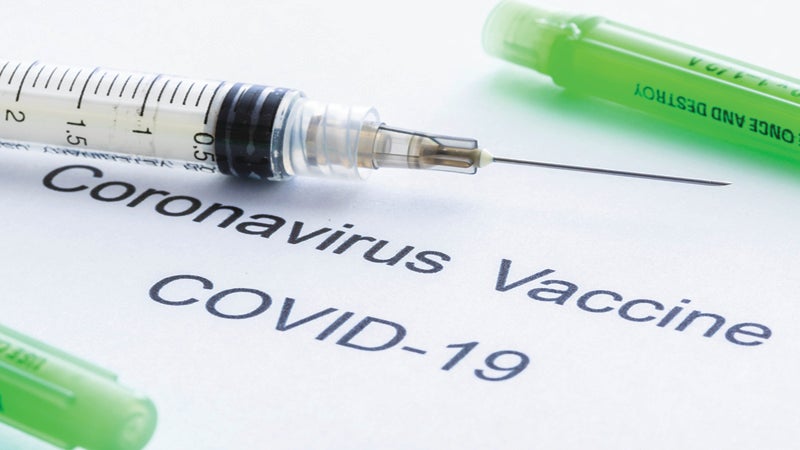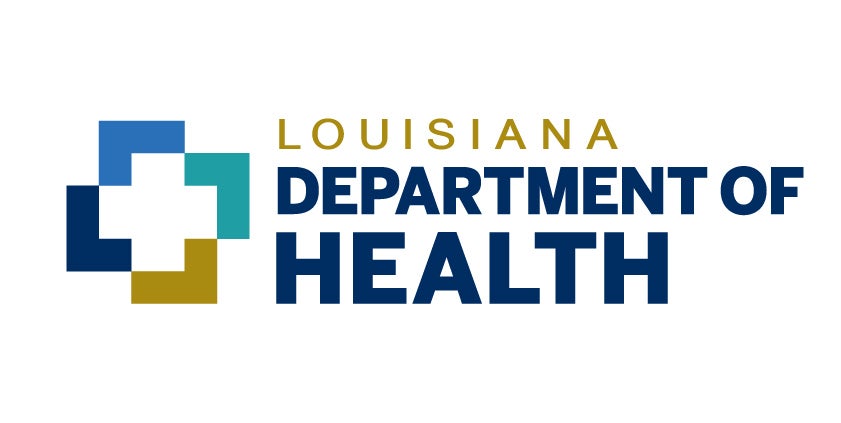LSU AgCenter talks A1C & glucose management
Published 12:00 am Wednesday, August 28, 2019

- LSU Ag Center
In 1968, it was discovered that the hemoglobin A1C, a protein in the blood, is usually elevated in people with diabetes. During the 1960s, the best and only way to determine if your glucose level was elevated was to get tested and send the results to a lab within the hospital or outside the hospital.
During this time, long-term management information was not provided. During all this time of testing and researching, no information was given out to the patients until 1993, which changed how the A1C was read and diabetes management took control and changed forever. Diabetes Control and Complications Trial was introduced and proved that A1C could be controlled in people with Type 1 diabetes.
It was stated that having an A1C lower than 7 percent, meant that your risk of diabetes was very low. Getting an A1C test helps you to set goals and get the correct treatment for each individual case. Should we look for more? When testing for A1C, we should also test for low blood glucose (sugar) hypoglycemia.
Let’s consider this: say your A1C of 7 percent is stable for two-to-three months with high highs and low lows. It rises and drops from hour-to-hour or day-to-day, known as glucose variability, which can cause short or long term health risks. If your glucose is higher, your risk is greater for hypoglycemic, especially if you take insulin. A chemical imbalance can also be caused known as oxidative stress in the body. The main cause of vascular complications of diabetes is known as oxidative stress.
The most important thing to do is talk to your doctor and ask questions, so that you can get the answers to your questions. Your doctor is the person that knows your medical history and can help you to get the help that you need and seek.
So let’s get our A1C tested and manage our glucose with the help of our doctor.
The LSU AgCenter’s mission is to provide the people of Louisiana with research-based educational information that will improve their lives and economic well-being. For more information about how the LSU AgCenter services St. John the Baptist, St. James and St. Charles parishes, please visit lsuagcenter.com.





